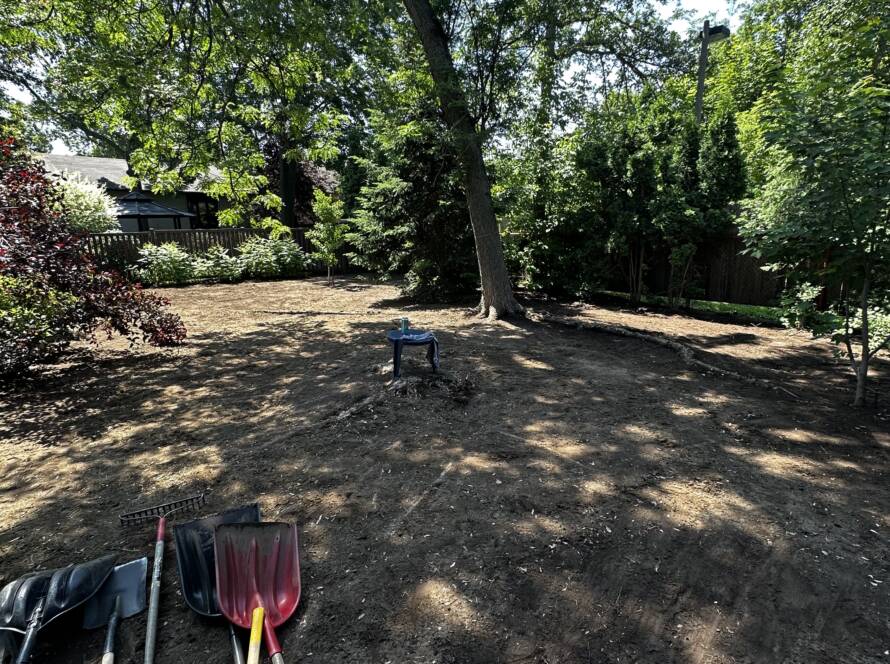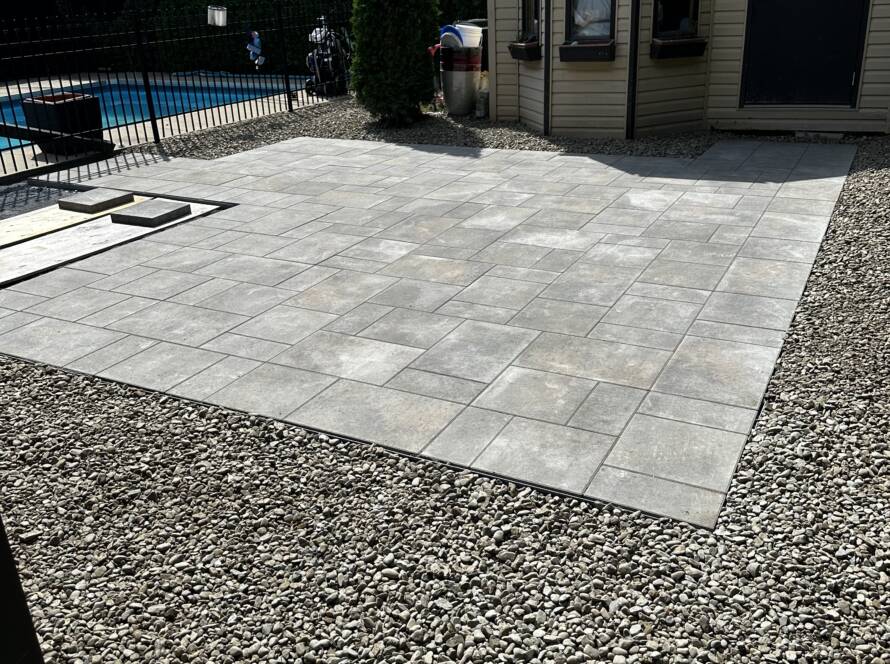Creating an eco-friendly yard is a wonderful way to contribute to the health of the planet while also enjoying a beautiful outdoor space. Here are some tips to transform your yard into an eco-friendly oasis.
Native Plants
Choose native plants for your yard, as they are adapted to the local climate and soil conditions, requiring less water and maintenance. Native plants also provide habitat and food for local wildlife, contributing to biodiversity.
Water Conservation
Implement water-saving techniques such as collecting rainwater in barrels for irrigation, installing drip irrigation systems, and choosing drought-tolerant plants. Mulching your garden beds helps retain soil moisture and suppresses weed growth.
Composting
Start a compost pile or bin to recycle kitchen scraps and yard waste into nutrient-rich compost for your garden. Composting reduces landfill waste and provides a natural fertilizer alternative to chemical-based ones.
Chemical-Free Maintenance
Avoid using synthetic pesticides and herbicides that can harm beneficial insects, wildlife, and waterways. Instead, opt for organic and natural alternatives or use integrated pest management techniques to control pests and weeds.
Wildlife Habitat
Create a welcoming environment for wildlife by incorporating features such as bird feeders, butterfly gardens, and small ponds. Provide shelter, food sources, and water to attract birds, bees, butterflies, and other beneficial creatures to your yard.
Energy Efficiency
Plant trees strategically to provide shade and reduce energy consumption for cooling during hot summer months. Consider installing solar-powered outdoor lighting and using energy-efficient tools and equipment for yard maintenance.
Reduce Lawn Area
Minimize the size of your lawn by replacing some areas with native plantings, vegetable gardens, or permeable surfaces like gravel or mulch. Lawns require frequent mowing, watering, and chemical inputs, contributing to pollution and resource depletion.
Sustainable Materials
Choose eco-friendly materials for landscaping projects, such as reclaimed wood for garden structures, recycled materials for pathways, and natural stone for hardscaping. These materials have a lower environmental impact compared to conventional ones.



